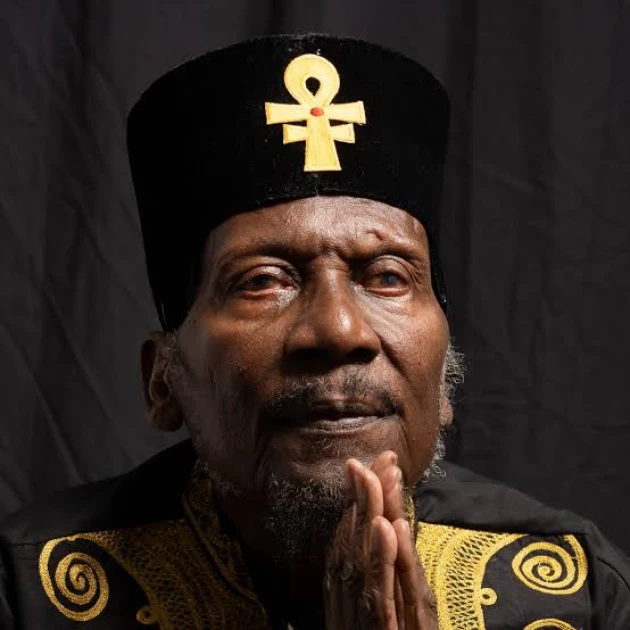Even as President Donald Trump pushes forward with efforts to dismantle diversity, equity, and inclusion (DEI) programs, legal experts emphasize that he does not have the authority to eliminate Juneteenth as a federal holiday on his own, according to national press in the USA.
Officially recognized in 2021 under President Joe Biden, Juneteenth remains a federally protected holiday unless Congress takes specific legislative action to repeal it. The concern stems from Trump’s broader political agenda, which includes promoting a more traditional interpretation of American history and reducing government support for DEI initiatives.
Despite this, Jeremy Paul, a constitutional law professor at Northeastern University, states clearly: “The president alone cannot cancel a federal holiday. Only Congress can do that by passing a bill, which would still need the president’s signature to become law.”
Juneteenth, celebrated annually on June 19, commemorates the day in 1865 when Union Army Maj. Gen. Gordon Granger informed enslaved people in Galveston, Texas, of their freedom, more than two years after the Emancipation Proclamation was signed. It has since become a day of remembrance, reflection, and celebration for African Americans and their allies.
While President Trump has not directly stated he wants to eliminate Juneteenth, his actions—such as renaming Veterans Day to “Victory Day for World War I” and calling for a renewed emphasis on Columbus Day—have stirred fears that cultural rollbacks could target holidays rooted in civil rights history. The White House has not commented on these concerns.
Juneteenth is one of 11 federal holidays, which means all federal agencies, including the U.S. Postal Service, shut down for the day. However, states are not required to observe it.
As of June 2025, at least 30 states and Washington, D.C., recognize Juneteenth as a permanent state holiday. States such as Florida, Indiana, and Mississippi still do not.
In short, even under a Trump administration, Juneteenth remains secure unless Congress chooses to act. Unless such a bill is passed and signed, the holiday—symbolizing Black liberation and American justice—will continue to be celebrated nationwide.











